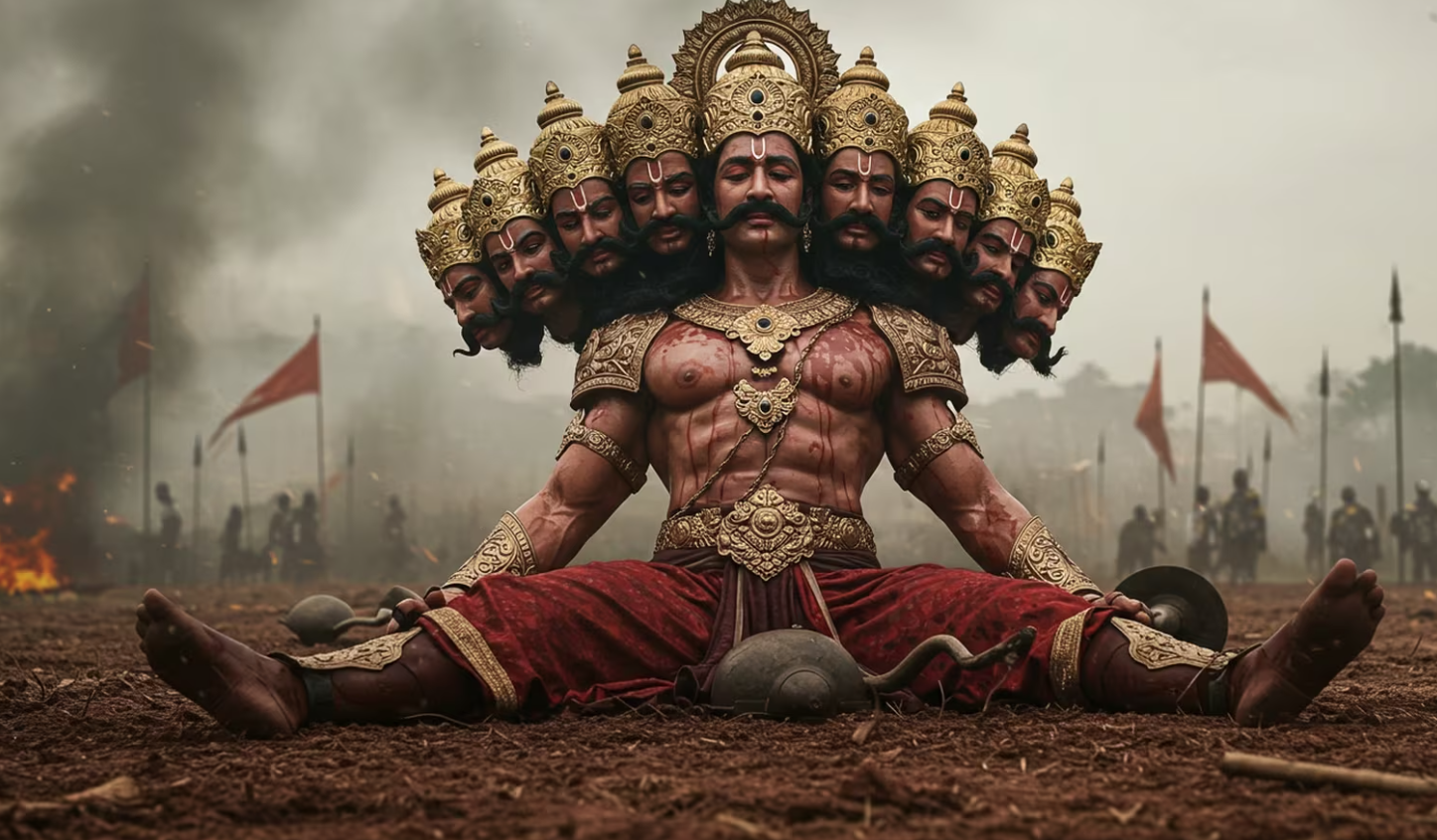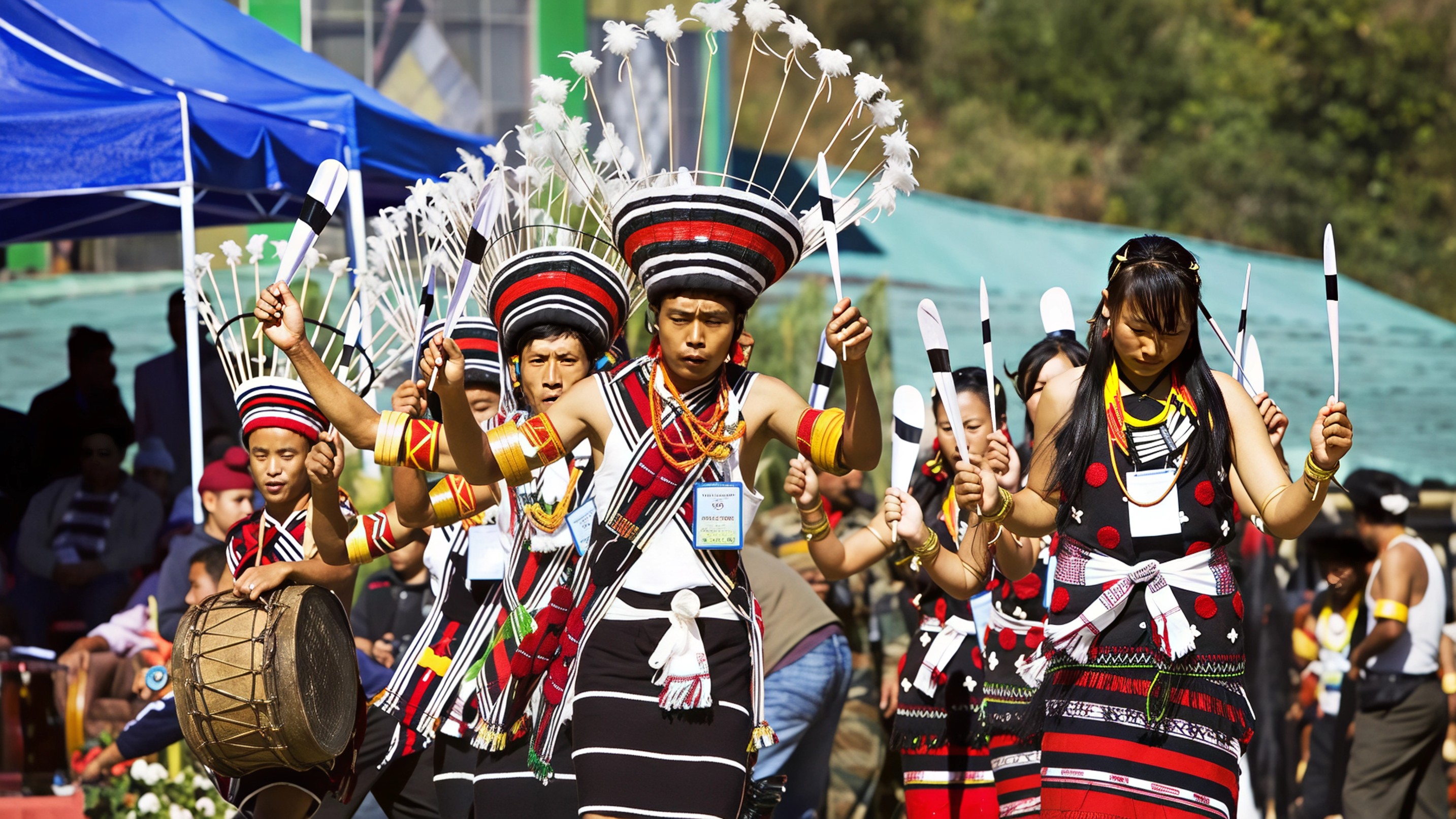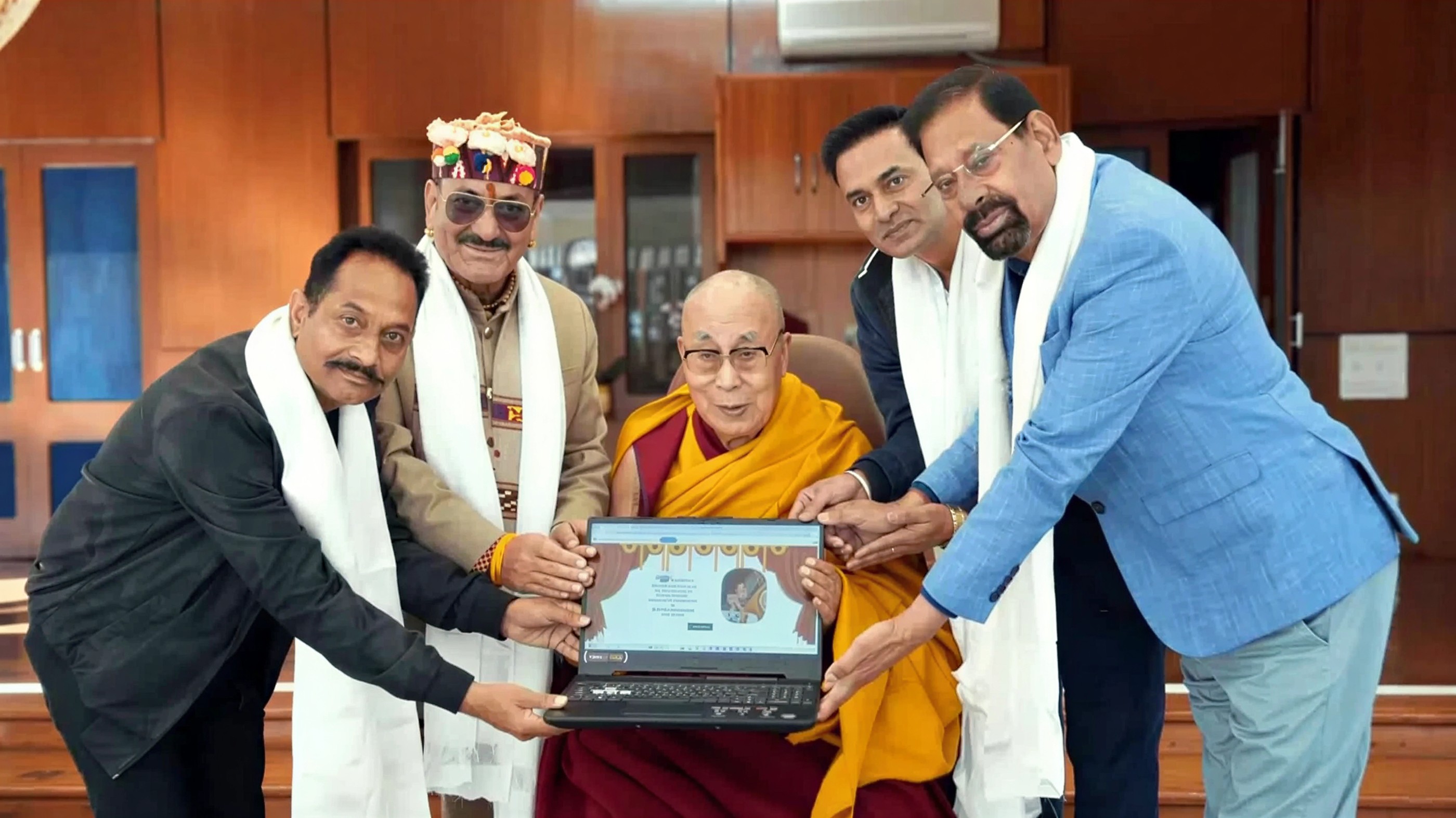A Different Side Of Dussehra
In much of India, Dussehra is a fiery spectacle of towering effigies set ablaze, marking Lord Ram’s victory over Ravan. But in certain parts of the country, this story takes a different turn. Here, Ravan is remembered not as a villain but as a revered figure, respected for his devotion to Lord Shiva, his mastery of the Vedas, and his place in local ancestry.
Bisrakh The Birthplace Of Ravan
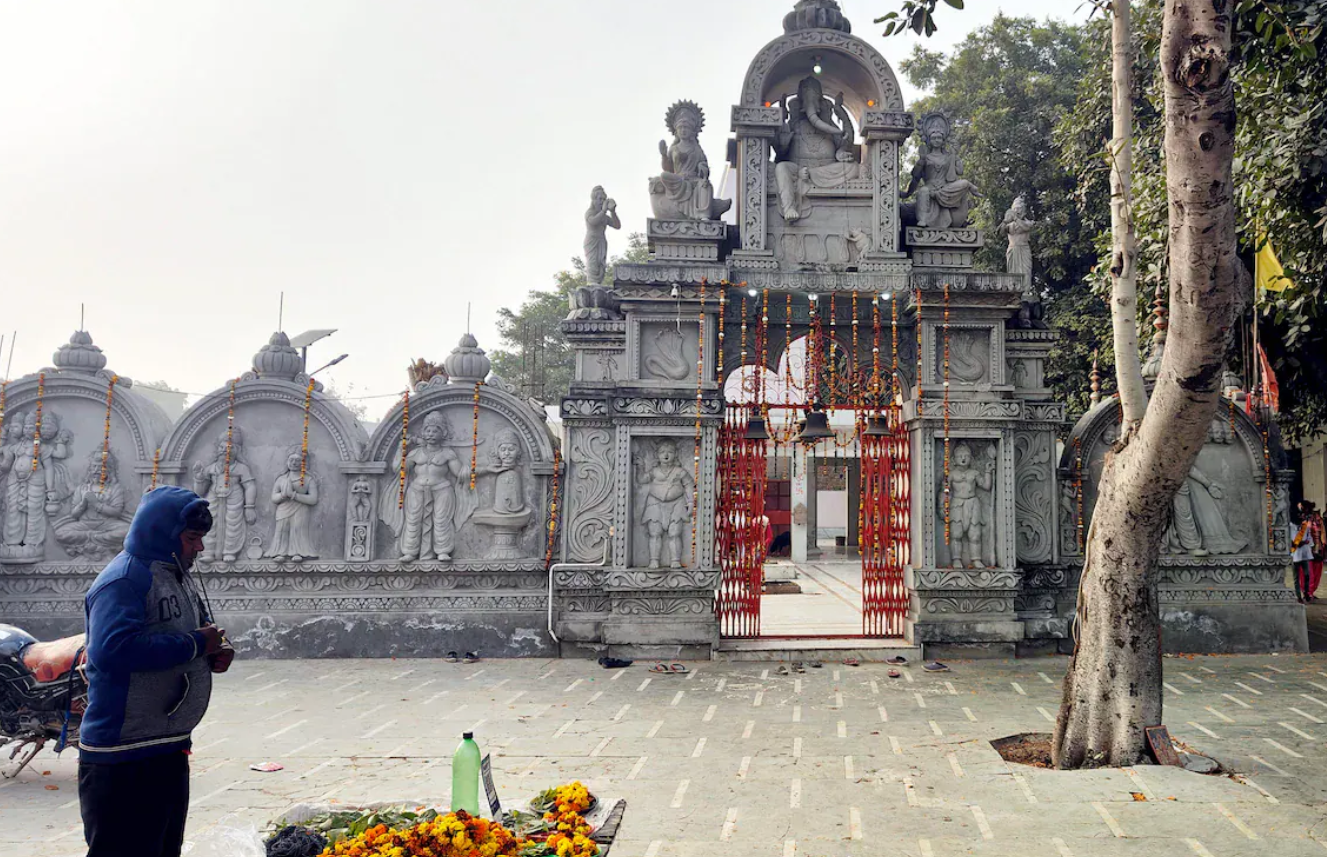
In the village of Bisrakh near Greater Noida, Dussehra is not about flames and fireworks but quiet remembrance. Locals believe this was the birthplace of Ravan, whom they consider to be a Maha Brahman. During Navratri, rituals and yajnas are performed to honour his memory, and villagers avoid burning effigies as they see it as Brahm Hatya, an act that could bring misfortune.
Kanpur The Temple That Opens For A Day
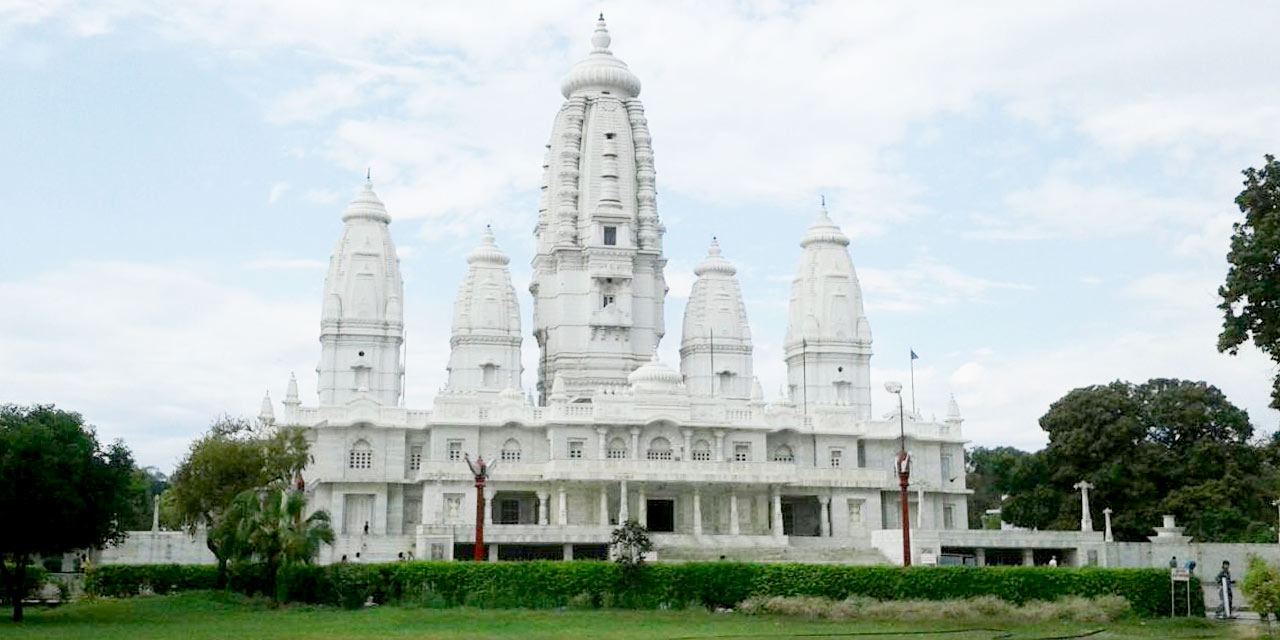
In Kanpur’s Shivala locality, the Dashanan Temple opens its doors only once a year on Dussehra. On this day, chants of “Jai Lankesh” echo through the temple as devotees worship Ravan as a guardian of Lord Shiva and Goddess Chinmastika. The rest of the year, the temple remains closed and the idol of Ravan stays veiled, making this annual ritual deeply significant.
Ravangram A Village That Invites Ravan To Weddings
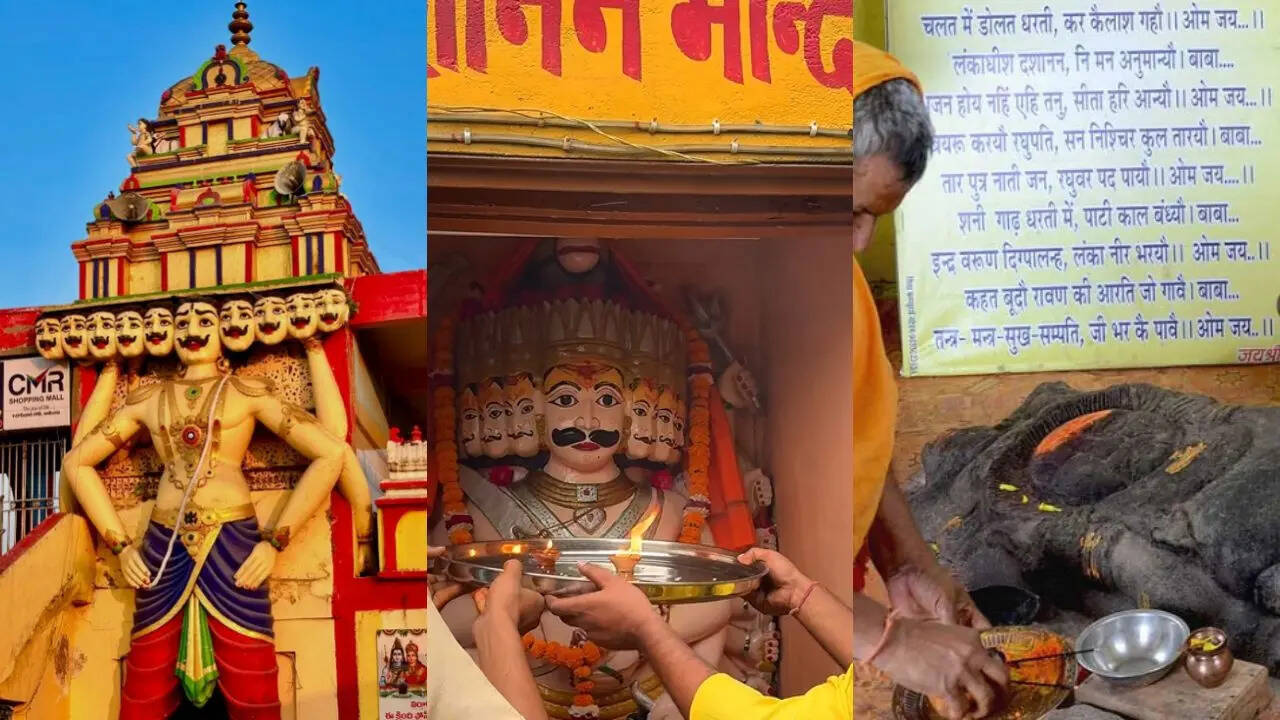
The village of Ravangram in Madhya Pradesh’s Vidisha district proudly claims Ravan as its ancestor. A reclining statue about ten feet long lies in the Ravangram Ravan Temple, and locals call him Ravana Baba. Every time a marriage takes place in the village, Ravan is the first to be invited. For the people of Ravangram, worshipping him is a way of respecting their lineage and acknowledging his complex legacy.
Mandsaur The Revered Son In Law
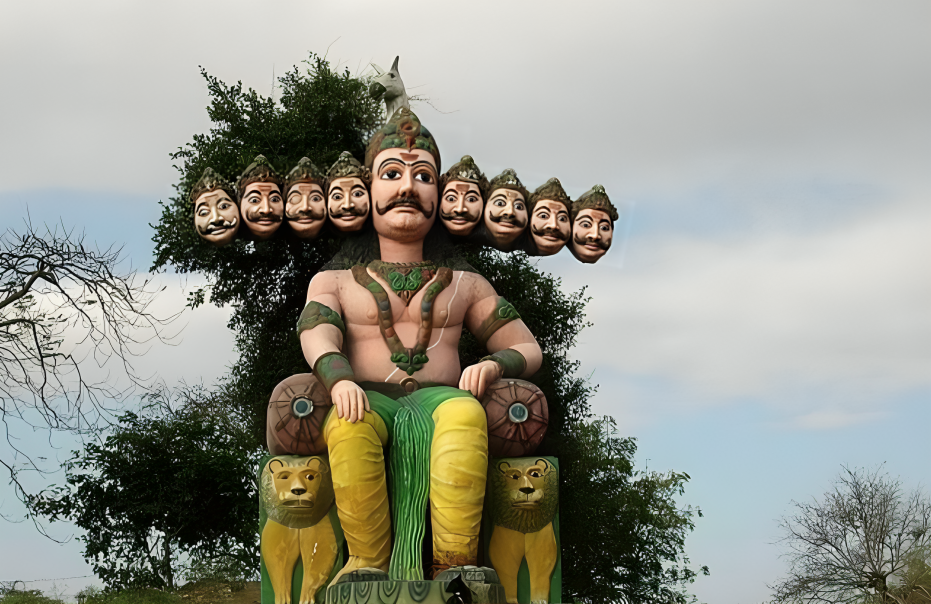
Mandsaur, situated across Madhya Pradesh and Rajasthan, is said to be the hometown of Mandodari, Ravan’s wife. This makes the demon king a respected son in law here. Statues and shrines honour him, and during Dussehra, rituals are performed to remember his wisdom and devotion instead of destroying his image.
A Festival With Many Faces
These towns remind us that mythology and traditions are never one dimensional. Ravan may be remembered as the antagonist in the Ramayana, but for many communities, he is also a figure of reverence, learning, and devotion. Dussehra in these places becomes a festival not of destruction but of remembrance and respect, offering a fascinating contrast to the mainstream celebrations.
For more stories on unique traditions and cultural journeys, follow Travel Moves on Instagram and Facebook.

